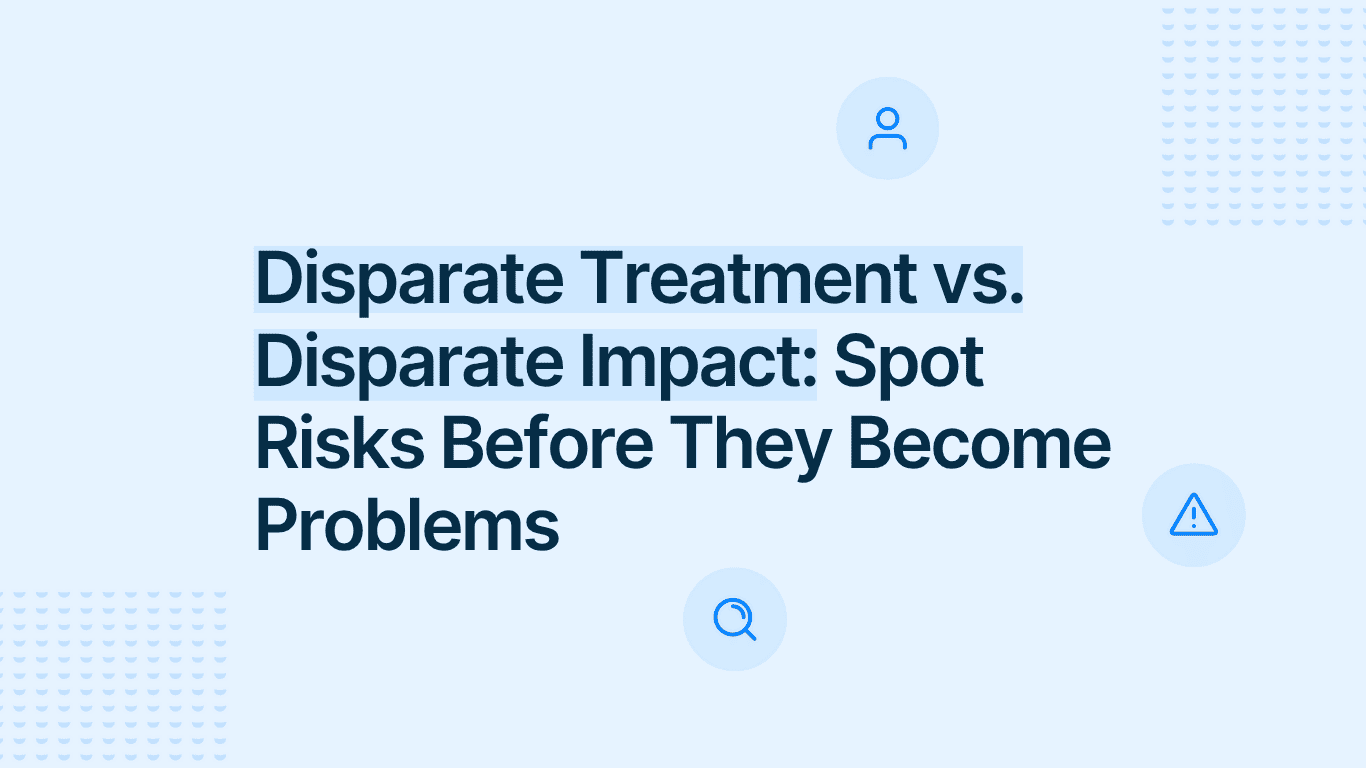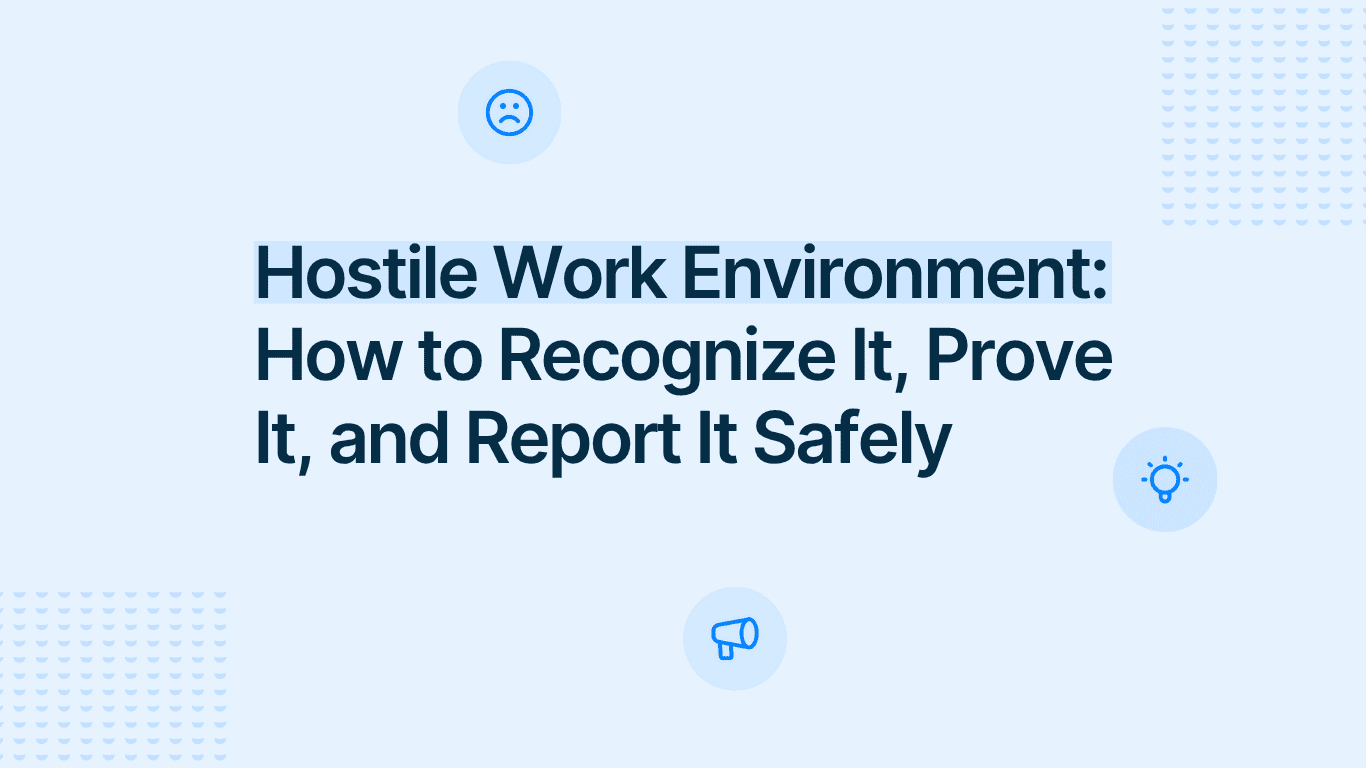



Discover the benefits of a transparent organization!
Try our free platform and strengthen the culture of openness in your team.
Workplace Environment

Yeva Bartkiv
Copywriter
Published
2025-02-19
Reading time
4 min


Table of contents
Subscribe to our newsletter
Have you ever wondered why some professionals climb the corporate ladder pretty smoothly while others struggle? The answer often lies in one crucial factor: a strong work ethic. The importance of a good work ethic cannot be overstated - it shapes careers, defines company culture, and builds lasting reputations. Whether you're an employee striving for career advancement, a manager fostering teamwork, or an HR professional shaping workplace culture, understanding and cultivating a good work ethic is essential.
In this blog post, we’ll discuss the importance of work ethics, explore real-world benefits, and provide actionable steps to develop and maintain ethical behavior in the workplace.
Work ethics refer to values that guide an individual’s behavior and attitude toward their job. They encompass qualities like integrity, responsibility, dependability, and self-discipline, all of which contribute to high-quality work and long-term success.
A strong work ethic is built on several key traits:
Work ethics can vary across cultures, but the core principles remain universal - honesty, respect, and dedication are valued in professional settings worldwide. Understanding cultural differences in work environment expectations can help foster accessibility and inclusivity within global teams.
Work ethics are crucial in shaping professional success, organizational efficiency, and societal standards. On a broader scale, ethical work practices set industry benchmarks and contribute to a healthier work-life balance. Let’s quickly explore why work ethics is important for the groups mentioned above.
Strong work ethics in organizations lead to higher productivity, a positive workplace culture, and long-term success. Ethical behavior also sets industry standards and encourages fairness, accountability, and trust. By fostering discipline and professionalism, work ethics benefit not only individuals and businesses but also contribute to a more ethical and balanced society. Let’s briefly examine how this phenomenon positively impacts individuals, organizations, and teams.

Beyond the discussed benefits and impact of a strong work ethic, it is also important to explore how to cultivate it, whether you are an individual or an organization representative.
While a strong work ethic leads to success and growth, poor work ethics can have serious consequences.

A strong work ethic is more than just a professional trait - it’s a competitive advantage that strengthens career advancement, enhances workplace culture, and builds a trustworthy society. Whether you're an individual aiming for success or a leader shaping an ethical work environment, prioritizing ethics in the workplace will always yield positive results.
Additionally, one of the modern and safe ways to uphold workplace integrity is by practicing whistleblowing through internal platforms. Encouraging employees to report unethical behavior in a secure and structured manner fosters transparency, accountability, and a healthier organizational culture.




Try our free platform and strengthen the culture of openness in your team.
Keep Reading

Alaa El-Shaarawi2025-10-158 min
Legal & Compliance

Alaa El-Shaarawi2025-10-135 min
Legal & Compliance

Alaa El-Shaarawi2025-10-109 min
Workplace Environment

Alaa El-Shaarawi2025-10-067 min
Legal & Compliance